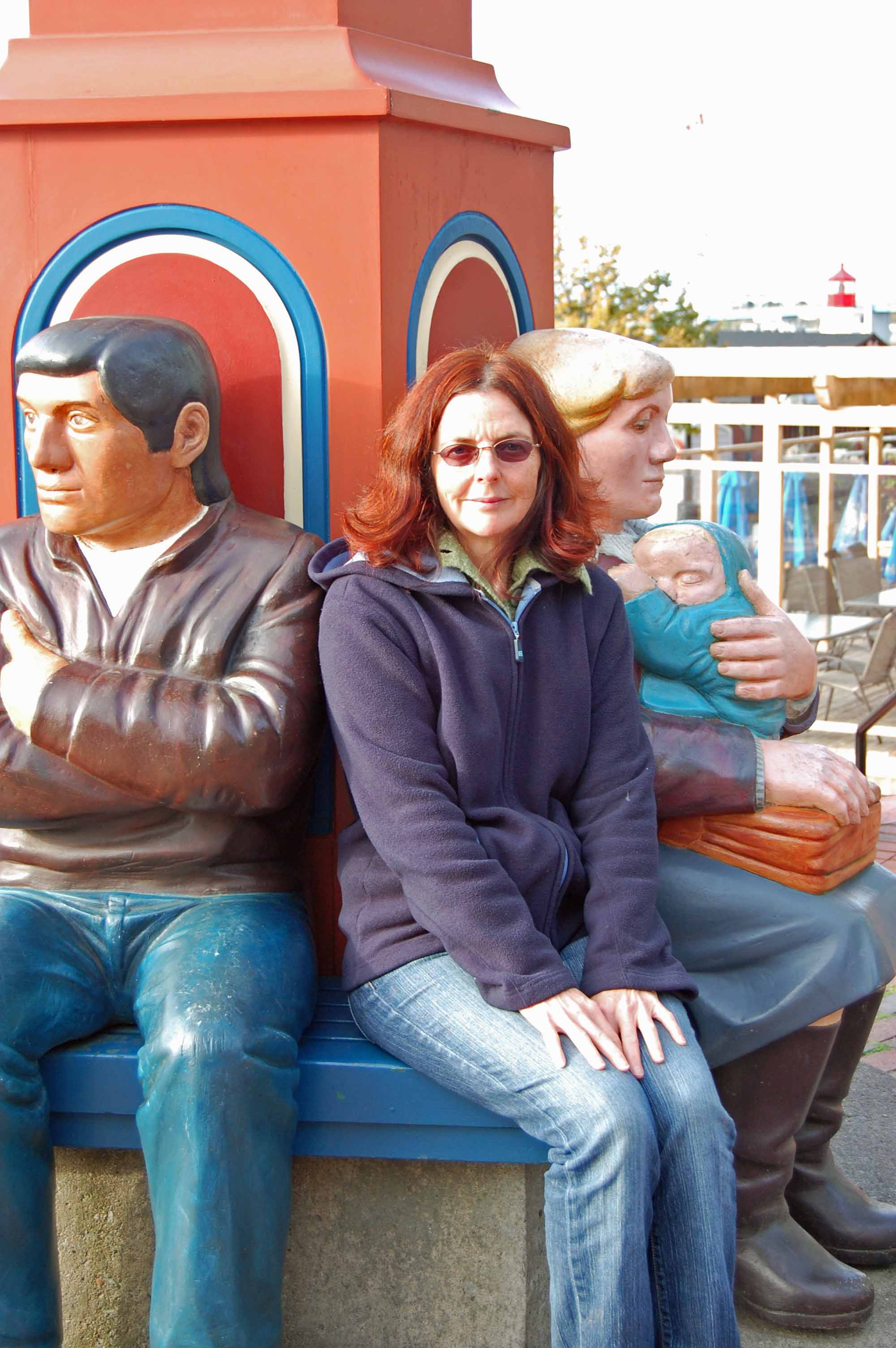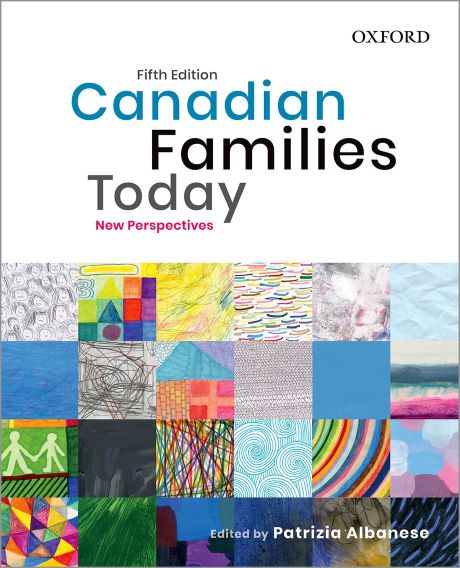Sociology 2270 (Families),
|
|
| 2 Mini-assignments: | 20% |
| 1st Midterm examination ***: | 25% |
| 2nd Midterm examination ***: | 25% |
| Final examination: | 30% |
|
*** Participation & in-class exercises During the in-class lectures on Mondays, Wednesdays and Fridays, there will be an activity for each section of the course . Some may have online alternate activties. Please note that any online activities are timed and will NOT be available after the deadlines. Also, students "must post first" before they can see the submissions of other students. If you participate in at least 80% of the class activities and work to an acceptable standard -- i.e., indicating strong engagement with the course and class materials at an A or B level-- you will be awarded the higher of your 2 midterm exam marks as your percentage mark going into the final exam. You must complete both midterms before the end of classes to take advantage of this "offer" If you cannot participate in 80% of the relevant exercises, you will still have your original 2 midterm marks going into the final exam, so nothing is lost. A pdf of the compiled statistics from the CEQs for this course is available here. Feel free to email me (Linda Cohen) with any questions you have and please include the course name or number in the subject line. |
Other addresses:
Department of Sociology, MUN
Centre for Innovation in Teaching and Learning
©Linda Cohen, 2023 (since 2003)

